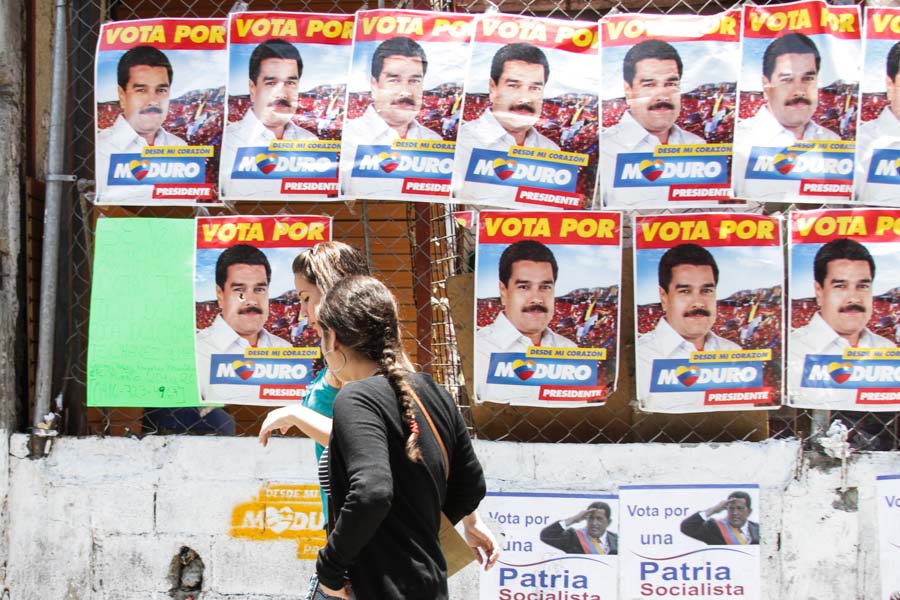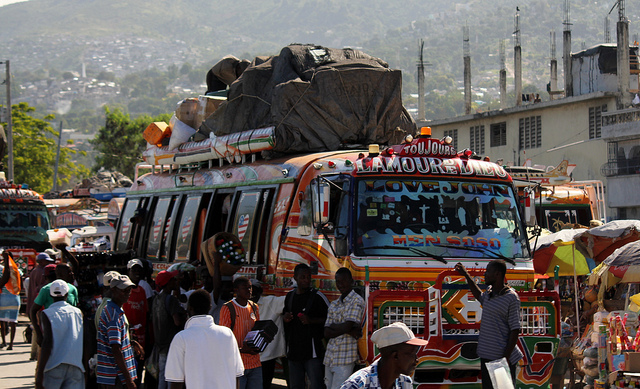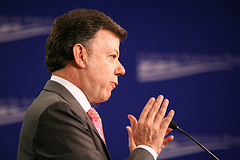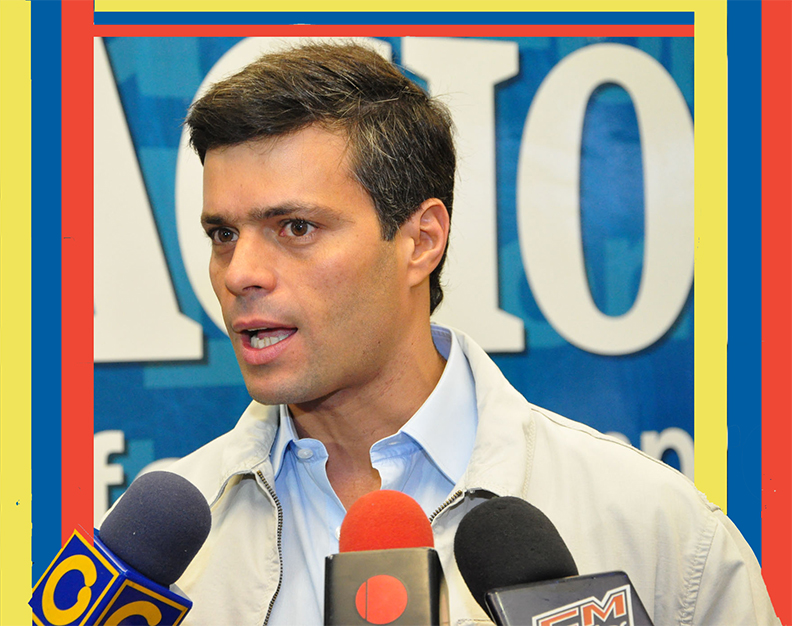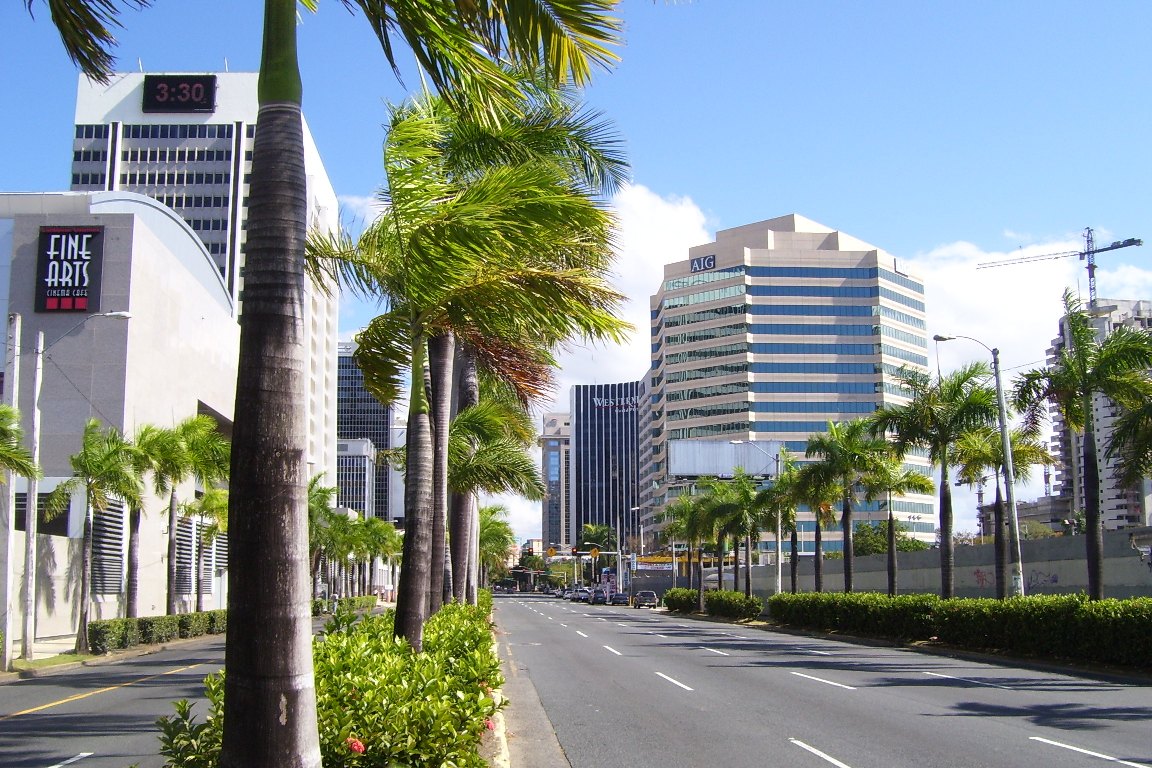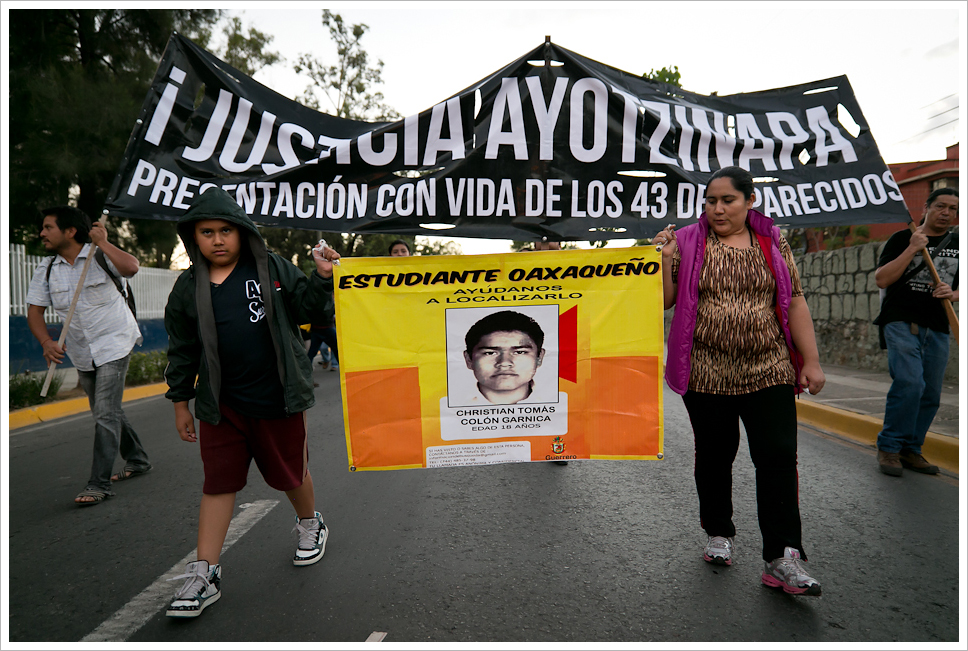
Latin America: Week in Review, Mexico, North America
Mexico Announces New Investigation Into Student Disappearances
October 21, 2015 By Staff
Top Story — Mexican authorities on Tuesday announced they will conduct a new investigation into the fate of 43 missing students whose disappearance in the state of Guerrero in 2014 provoked widespread protests and highlighted discontent over persistent insecurity across Mexico.
The government’s new task force will employ international experts assisted by satellite and drone technology, based on recommendations by the Inter-American Commission on Human Rights.
A justice official said the investigation will be conducted in full agreement with the IACHR, although the government continues to insist that military troops will not be questioned by independent investigators, contrary to the IACHR’s requests and despite alleged evidence of military involvement in the disappearances.
According to an earlier investigation by the attorney general’s office, the 43 university students who were training to be teachers were abducted in September 2014 by corrupt local police and then turned over to drug traffickers, who killed them and incinerated their remains in a garbage dump.
Activists, including the students’ relatives, have disputed that account, as have international observors from organizations like the IACHR, highlighting alleged gaps in the official story and calling for an independent, international probe.
In late September, President Enrique Peña Nieto announced plans to appoint a special prosecutor to investigate the Ayotzinapa disappearances. Earlier this month, he said he will seek to pass legislation aimed at improving efforts to locate nearly 25,000 Mexicans who have gone missing.
Headlines from the Western Hemisphere
North America
- A Mexican national was sentenced to 27 years in a U.S. prison after pleading guilty to his role in the death of a Border Patrol agent in 2010, a shooting later linked to the “Fast and Furious” scandal at the Bureau of Alcohol, Tobacco and Firearms.
- The U.S. International Trade Commission unanimously voted to remove tariffs and to set price floors and quotas for subsidized sugar imports from Mexico, ending an 18-month dispute with an apparent victory for the U.S. sugar lobby.
- An angry mob in the town of Ajalpan in Mexico’s Puebla state beat, killed and then set fire to two men conducting a survey, despite attempts by local police to protect the men.
Caribbean
- Cuban artist Danilo Maldonado, known as “El Sexto”, was released from a Cuban jail Tuesday, ending ten months of imprisonment for allegedly planning to release two pigs painted with the names of the Castro brothers.
- Jamaican health officials announced that they are battling outbreaks of two common bacterias in hospitals which have killed 18 babies, most of them premature, over the past three months.
Central America
- A judge in Panama rescinded an INTERPOL arrest warrant for former Colombia soccer star Freddy Rincón, who was sought for money laundering and drug-related criminal conspiracy charges.
Andes
- Six people were killed in Bogotá on Tuesday when a small plane on its way to pick up former Colombian President Andrés Pastrana crashed before landing, prompting Pastrana to urge President Juan Manuel Santos to investigate the incident as a possible assassination attempt.
- Brazil backed out on Tuesday of an international mission to observe Venezuela’s Dec. 6 parliamentary elections following a refusal by President Nicolás Maduro’s government to allow a former Brazilian Supreme Court chief justice and government minister to lead the delegation, following a dispute over an attempted audit by Brazil, a key diplomatic ally of Venezuela.
- Peru’s President Ollanta Humala fired public prosecutor Julia Príncipe on Tuesday in the middle of her investigation into his wife for alleged money laundering, prompting an outcry which led Humala’s own justice minister to resign.
Southern Cone
- In Argentina, two top pollsters said on Tuesday that if presidential frontrunner and ruling party heir Daniel Scioli wins the first round of presidential elections on Sunday, the vote will be close enough that other candidates will likely wait for a final count before accepting defeat, possibly delaying an official result by five to seven days.
- Chilean President Michelle Bachelet is struggling to implement reforms promised during her 2013 campaign, including a new constitution and free education, in the wake of corruption scandals and a drop in the price of copper, the country’s top export.
